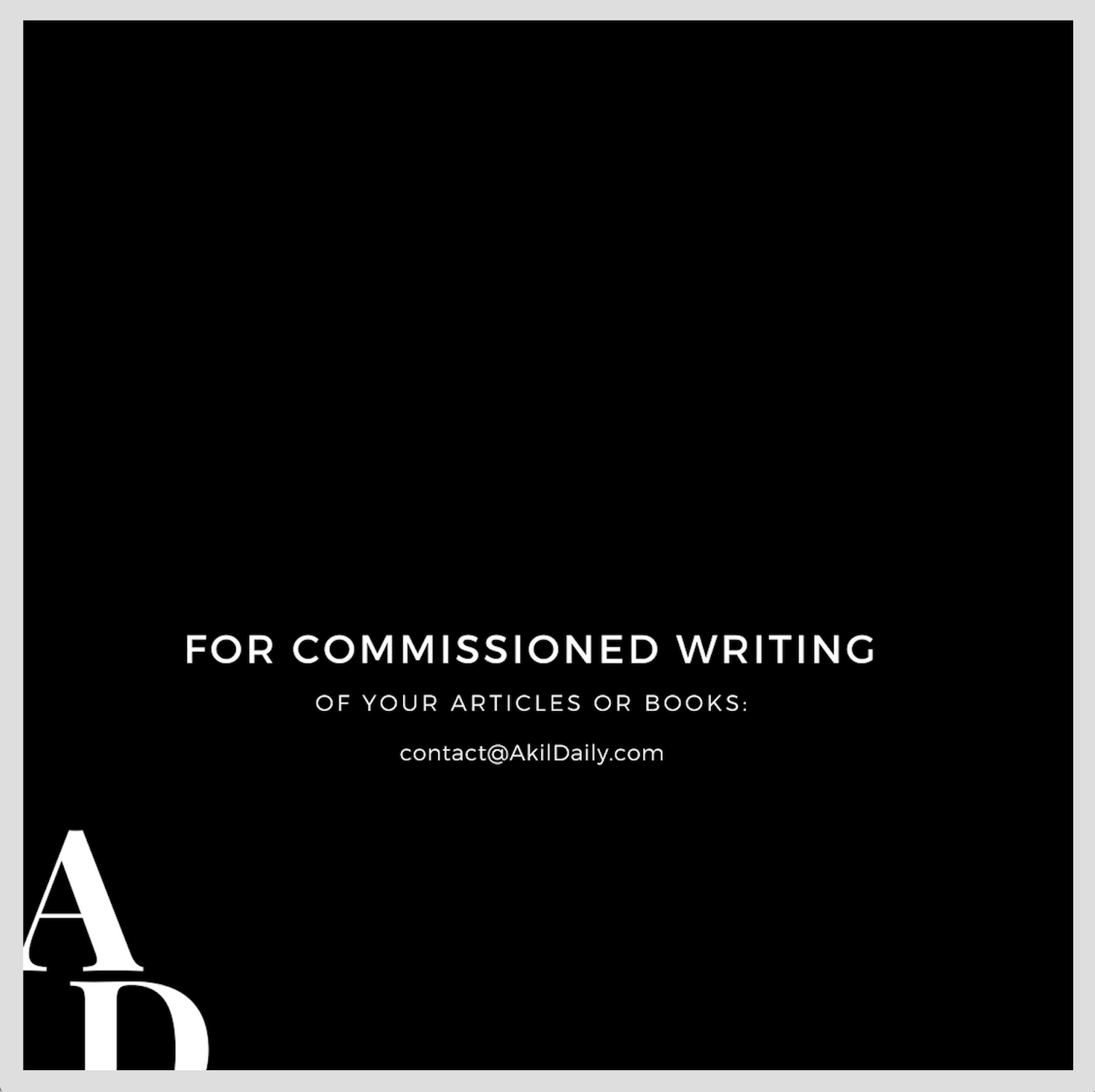We Need Women And Girls To Be Un-Powerful, So...
Photo by Getty Images
The other day while scrolling through my TED app looking for a good talk to enjoy, I finally happened upon an interesting title –– “What It’s Like To Be A Woman In Hollywood”, by Naomi McDougall Jones. Originally, I thought it was going to be background noise as I multitasked doing chores, work, and other things. But, no. It wasn’t. It couldn’t. A few minutes in, I stopped my other activities. I was riveted. I sat. I learned. It was fascinating. Moreover, it was contemptibly sad.
In case you hadn’t noticed, I’m not a woman, however (disclaimer) I’m a man who loves women. A lot. So women’s issues are not just women’s issues to me. I kind of came from one. Didn’t you? And additionally, in the backdrop of the recently uncovered Weinstein pathology, this is a time to get it all out on the table. Hollywood power-brokers and women need to have a long public talk about what's really going on in Hollywood. And we all need to listen.
McDougall-Jones’ TED talk is not about sexual harassment, it is about the saddening and maddening barring of women from potent creative posts in Hollywood. Though women reportedly graduate from film school in equal measure to men, Hollywood seemingly considers these women’s MFA (Masters of Fine Arts) degrees just nice, pretty, pieces of framed paper.
This hugely enlightening talk breaks down the absolutely startling statistics of how professional women are not being hired as directors and producers––unlike their newly graduated male counterparts. Shocked? As liberal as you might think Hollywood is, it’s not. Where there’s money, where there’s men, there’s usually entrenched misogyny.
"Movies imprint upon the minds of the populations (especially the youth) the roles they are supposed to play in society and what limits, boundaries, aspirations and possibilitie those real world roles can be."
McDougall-Jones’ TED talk confesses, chapter and verse, how the childhood dreams of a little girl were dashed by a painful stark reality––a reality that even Oscar winning women purportedly advised her to perpetuate. She courageously shares her earliest naive expectations and academic preparations for a professional thespian career in Hollywood, only to be met with repetitive diminishment and roles of hyper-sexualization.
No one told her when she was a little girl dreaming of becoming an actress, there was only room for one Meryl Streep in Hollywood. Seemingly, the rest of the casting was calling for the scantily clad temptresses who lurk in the fantasies of the overly-dominating male screenwriters, male producers and male directors. From the looks of things, they’d rather see the women of their perverted dreams versus women in all the varied forms they actually are. Sound familiar?
African-Americans, Latinas/Latinos, Asians, Middle-Easterners all could make the same viable claim. People are tired of seeing themselves on-screen the way un-evolved white, male Hollywood wants to see them––via stereotypes––versus who they are.
McDougall-Jones presents incident after incident illustrating that Hollywood hasn’t yet seen it fit for women to create their own characters, tell their own stories, produce their own projects and (definitely not) direct their own movies.
So there’s room for heroes in cinema (in front and behind the cameras) but not for heroines? What gives? No, really? Do these men not have daughters? Do they not want to see them powerful and successful too?
If you think a movie is just a movie (i.e. a casual escape for perfect popcorn and IMAX effects) think again. Movies imprint upon the minds of the populations (especially the youth) the roles they are supposed to play in society and what limits, boundaries, aspirations and possibilities those real world roles can have. In the vehement words of academic researcher and author, Brene’ Brown, talking to Debbie Millman on the impact of screen-images upon little girls recently, “That sh*t matters!”
Click below. Listen to Naomi McDougall-Jones’ riveting talk. It exposes the systemic template used for the marginalization of all filmmakers not so lucky to be born into the “Good Ol’ Boys” network of Hollywood.
It matters, that you watch this.
A D V E R T I S E M E N T


